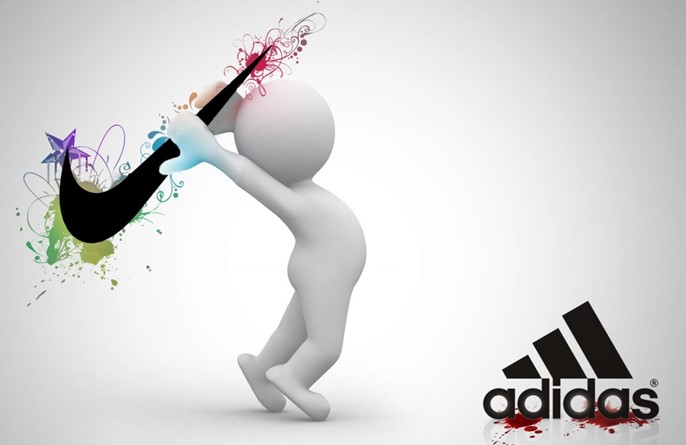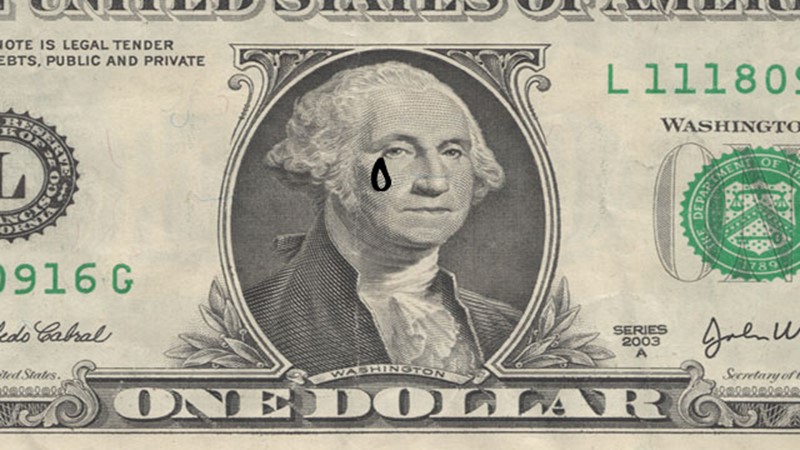How To Win More Olympic Medals
November 2, 2015 in Daily Bulletin

Longform journalism site Grantland is shutting down. A look back at some of the site’s more interesting articles led to this 2012 gem by Kevin Grier and Tyler Cowen on how a country can go about increasing its share of medals:
- Olympic medals are unequally distributed. 65% of gold medals are won by 5% of the countries that participate.
- To win medals a country needs to increase its population. More people means more athletes to choose from.
- Countries could also import top athletes from other countries and quickly give them citizenship.
- In rare occasions exporting athletes can also help increase medals. Any country interested in winning gold medals in basketball might want their athletes to play in the NBA for a while.
- More money helps. It leads to more sporting infrastructure and education.
- Hosting the Olympics boosts medal chances, because in preparation for hosting, countries invest more in their athletes.
- This is also why countries do particularly well in the Olympics event four years before they are scheduled to host, as they already know by then that they will be hosting and have begun to invest in their sportspeople more.
- Countries benefit from focusing on their comparative advantages. Countries with long shorelines should focus on boating events, while those with high altitudes can hope for running medals.
- Specific sports can be strategically targeted. Taekwondo, which awards four medals per weight class, is a better bet than Basketball, which awards just one to an entire team.
The full article has some musings about the Olympic futures of China and India and has other interesting details. Read it here.
Source: Grantland









Join the Discussion! (No Signup Required)